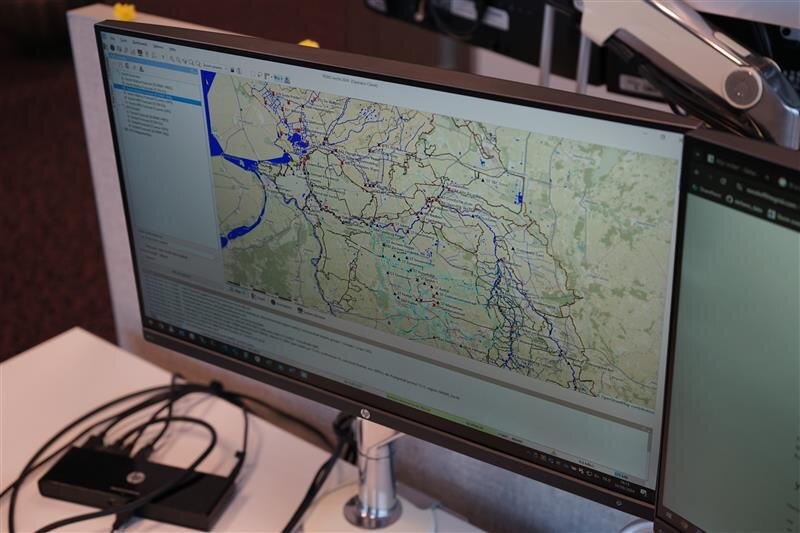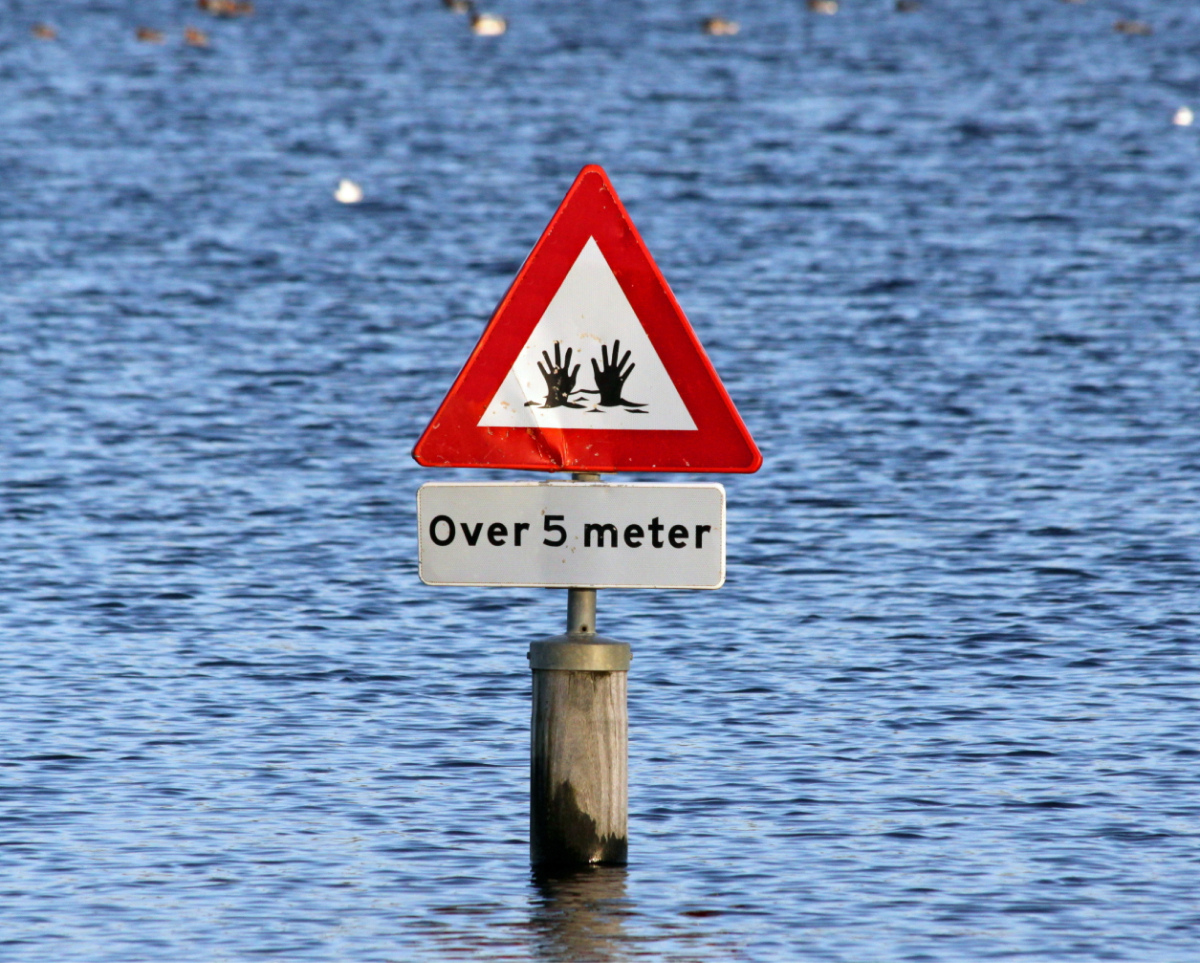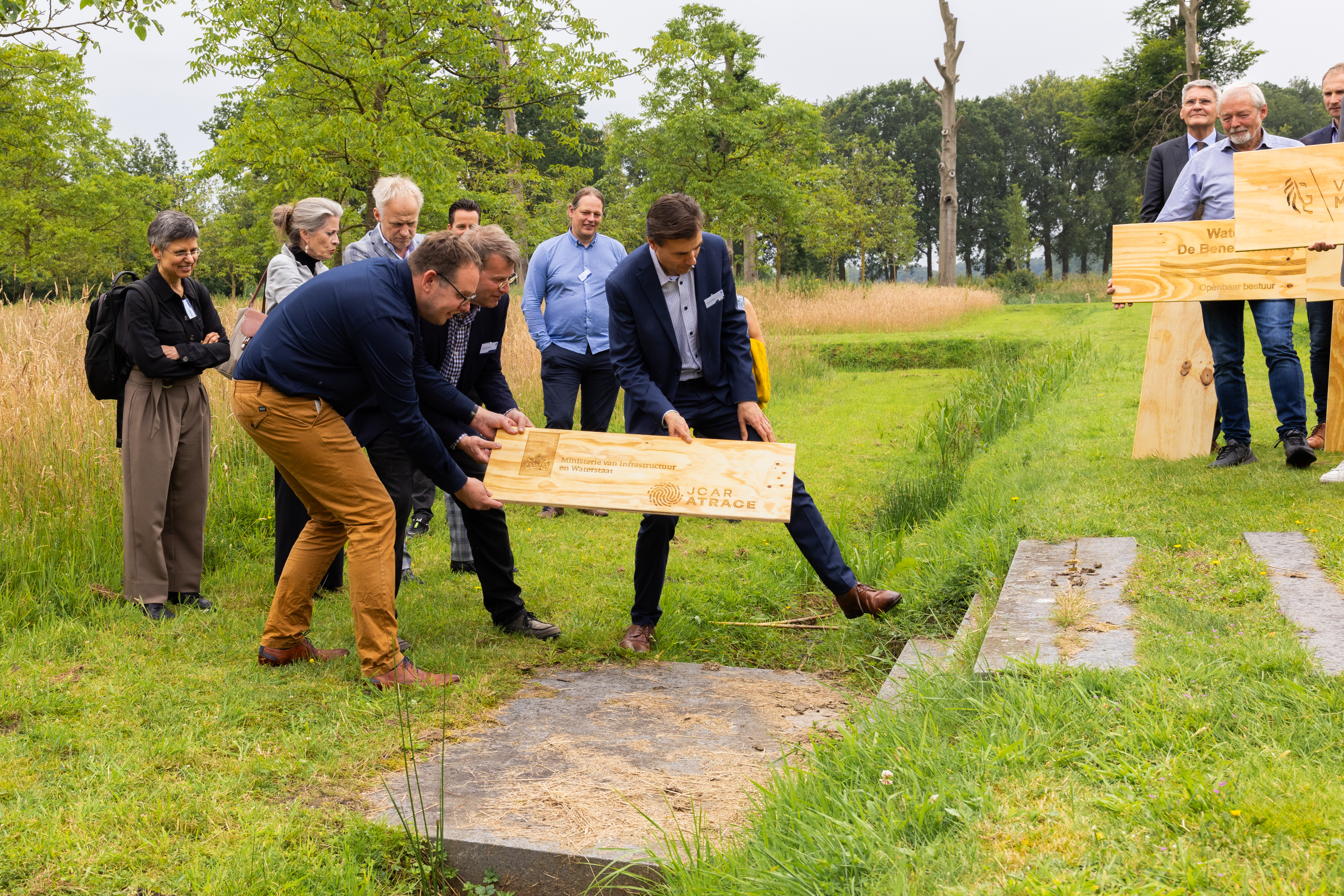Rapid action studies
When it comes to preparation of flood and drought management, research must adapt to the urgency and speed at which action is required. This is where the Rapid Action Team (RAT) Studies come in, providing relevant research in a timely manner.


LIST
Methodologies for the definition of design floods in small river basins
Methodologies for the definition of design floods in small river basins
Partner organizations involved
All JCAR ATRACE institutes involved |
Regions covered by the study
All JCAR ATRACE regional river basins and countries |
Scope & objectives
Design floods are hypothetical floods expected to occur at a particular location over a specified return period, and they are an important tool for planning and managing local flood risk.
The common methods for their estimation in our countries often focus on larger river basins, while in smaller river basins, that are driven by strong and localized precipitation, their accuracy is often low. Given the increasing pluvial flood risk in our region, there is a pressing need for research to methodological adaptations to ensure accurate flood estimations.
Regional cooperation and data sharing are fundamental to ensure accuracy and harmonization of methodologies, especially on smaller river basins where data are scarce. These challenges are often highlighted in transnational river basins, showing inconsistencies in risk assessments that directly impact flood risk management.
In this study, existing methodologies are described and analysed for the definition of design floods in small river basins in the Benelux+ countries.
Approach
Literature review and interviews
Actions/Tasks
- A literature review, to describe the methodologies used in the definition of design floods in small basins.
- Assembling of national methodologies in Germany, the Netherlands, Belgium, Luxembourg.
- Interviewing local water authorities, to understand the approaches used, their demands and concerns.
- Reporting that summarizes the information collected, describes the transboundary differences, and suggests recommendations.
Expected outcomes
Report
Next events/actions in the next 6 months
1. Literature review
2. Assembling national methodologies
3. Interviewing local water authorities
4. Reporting
Comparative study on early warning systems for flood risk in the Netherlands, Germany, Belgium and Luxembourg
Partner organizations involved
All partners |
Regions covered by the study
Transnational river basins in Netherlands, Germany, Belgium and Luxembourg
Scope & objectives
The flood of 2021 in North Western Europe showed the importance of reliable forecast and early warning for reducing impacts. Forecast-based actions are vital to reduce disaster risk, as they can effectively reduce the exposure and vulnerability of communities to floods.
However, despite the high potential and rapid development of early warning systems, the early warning systems in The Netherlands, Germany and Belgium are still under development and regularly updated. These include many activities currently conducted to improve the systems in the respective countries, focusing on a wide array of challenges such as the uncertainty of forecasts, triggers for evacuation and fragmentation of institutional responsibilities. However, what is still missing is a study that systematically compares the early warning systems in the three countries and uses the comparative results to learn from each other to strengthen these systems.
Approach
We propose to follow the guidelines for assessing early warning systems as provided by the WMO (2023), utilizing these guidelines for describing and comparing the systems across the three countries. The guidelines prescribe an assessment of each of the components of the “End-to-End Flood Forecasting and Early Warning Systems” (E2E FFEWS-) framework. This framework identifies six components relevant for optimal functioning of early warning systems: Real-time data collection, Modelling and forecasting, Early warning dissemination, Decision support and Response to warning, and review of the warning system and improvements.
Actions/Tasks
- Literature review: We conduct a review within the scientific and grey literature from expert organizations and the governments. The WMO guidelines serves as a basis for summarizing the findings of this assessment.
- Interviews: We conduct interviews in the four countries with experts such as from the national weather services, emergency responders, water managers, etc. For the interviews, we develop a semi structured questionnaire to align the interviews with each component of the WMO framework. In this way, we can compare the different systems across the countries.
- Report: All results will be summarized in a scientific report.
Expected outcomes
All interviews will follow the same semi-structured questionnaire. The results from the interviews and literature study will be published in the final report.
Next events/actions in the next 6 months
See actions/tasks |

All partners
Comparative study on early warning systems for flood risk in the Netherlands, Germany, Belgium and Luxembourg

Vrije Universiteit Amsterdam, University of Liège and Deltares, University of Potsdam |
Flood early warning and response during the July 2021 flood: cross country comparison based on public survey data
Flood early warning and response during the July 2021 flood: cross country comparison based on public survey data
Partner organizations involved
Vrije Universiteit Amsterdam, University of Liège and Deltares
Regions covered by the study
Flood-affected areas in Germany, Belgium and the Netherlands in 2021
Scope & objectives
The July 2021 flood affected the Netherlands, Belgium, and Germany and to learn more about impacts to people and the performance of the flood early warning systems (FEWS), several surveys of the public were conducted in each country following the event. The data from these surveys shows that there are differences in the performance of FEWS between and within the countries.
In this study we investigate whether the observed differences are due to differences between the FEWS or differences in the sampling and data collection methods. We also evaluate post event surveys of the public as a method to inform public surveys for future flood events. Our aim is to draw broader regional insights from this flood event and inform future post disaster survey research. Learning from past flood events is one important tool for managing damaging floods in the future.
Approach
Cross-country comparison based on public survey data, focusing on three specific research questions:
RQ1: Are the observed differences in the FEWS performance in each country due to differences between FEWS systems?
RQ2: Are the observed differences in the FEWS performance in each country due to the sampling/data collection methods used for each survey?
RQ3: Based on the comparison of countries, FEWS, and survey approaches, what can we recommend for future post flood event public surveys on warning?
Actions/Tasks
- Step 1. SWOT analysis of the FEWS systems in each country by comparing descriptive statistics from the surveys
- Step 2. Comparison of sampling and data collection methods used for each survey
- Step 3. Synthesize results from above analysis and combine it with key lessons from interviews to provide recommendations and conclusions.
Expected outcomes
Scientific paper
Next events/actions in the next 6 months
Desk study and draft paper
Understanding the views of young stakeholders and residents on preparedness to climate extremes in the international Vecht river basin
Partner organizations involved
Deltares
Regions covered by the study
Vechte river basin
Scope & objectives
Aim to understand the views of future generations on climate extremes preparedness in the transboundary river basins.
Approach
Preparing, delivering and reporting on three future workshops to be held with young (<30 years old) stakeholders and residents in the Vechte river basin.
Actions/Tasks
Preparatory analysis to identify the relevant stakeholders, holding future workshops, reporting and presenting of findings.
Expected outcomes
Outcomes of the Future Workshops will be carefully reported as this can act as a source of inspiration for other transboundary river basins as well as input to researchers and policy makers in the respective areas.
Next events/actions in the next 6 months
FutureFlow presentation and discussion workshops at DesignLab - Connect.

DESIGNLAB of the University of Twente

